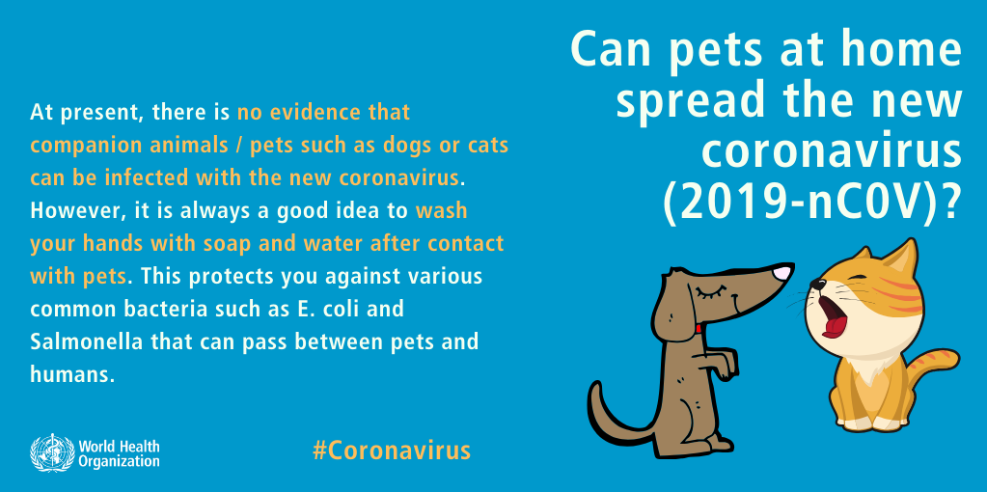Recognizing FeLV
Infected cats have large amounts of the FeLV virus in their saliva and can spread it to other cats through mutual grooming. Other common methods of transmission include shared food and water bowls, contact with urine or feces, bites, and nose-to-nose contact. FeLV is most common in kittens because it can be transmitted through the placenta of an infected mother cat and passed along to her offspring. The kittens may also pick up the virus when nursing.
FeLV causes a range of symptoms and health conditions in infected cats and kittens. These include:
- Anemia
- Cancer
- Enlarged lymph nodes
- Eye diseases
- Fever
- Gastrointestinal issues
- Infections
- Immune deficiency
- Neurological disorders
- Platelet disorders
- Reproductive problems
- Respiratory distress
- Weight loss
Cats can live a long life with FeLV
At Newport Center Animal Hospital, we diagnose FeLV through a series of blood tests. We also test cats for FeLV at these times:
- When they are ill
- Shortly after adoption
- When living in a multi-cat household where one cat has already tested positive
- After exposure to a potential risk.
With good management by owners, cats with FeLV can live for many years. They should be kept indoors for their own protection as well as that of other cats. If you suspect that your cat has contracted this virus, please contact Newport Center Animal Hospital in Newport Beach, CA, at (949) 644-5460 to schedule an appointment for testing. We are also available to help you manage the condition if your cat has already tested positive.


